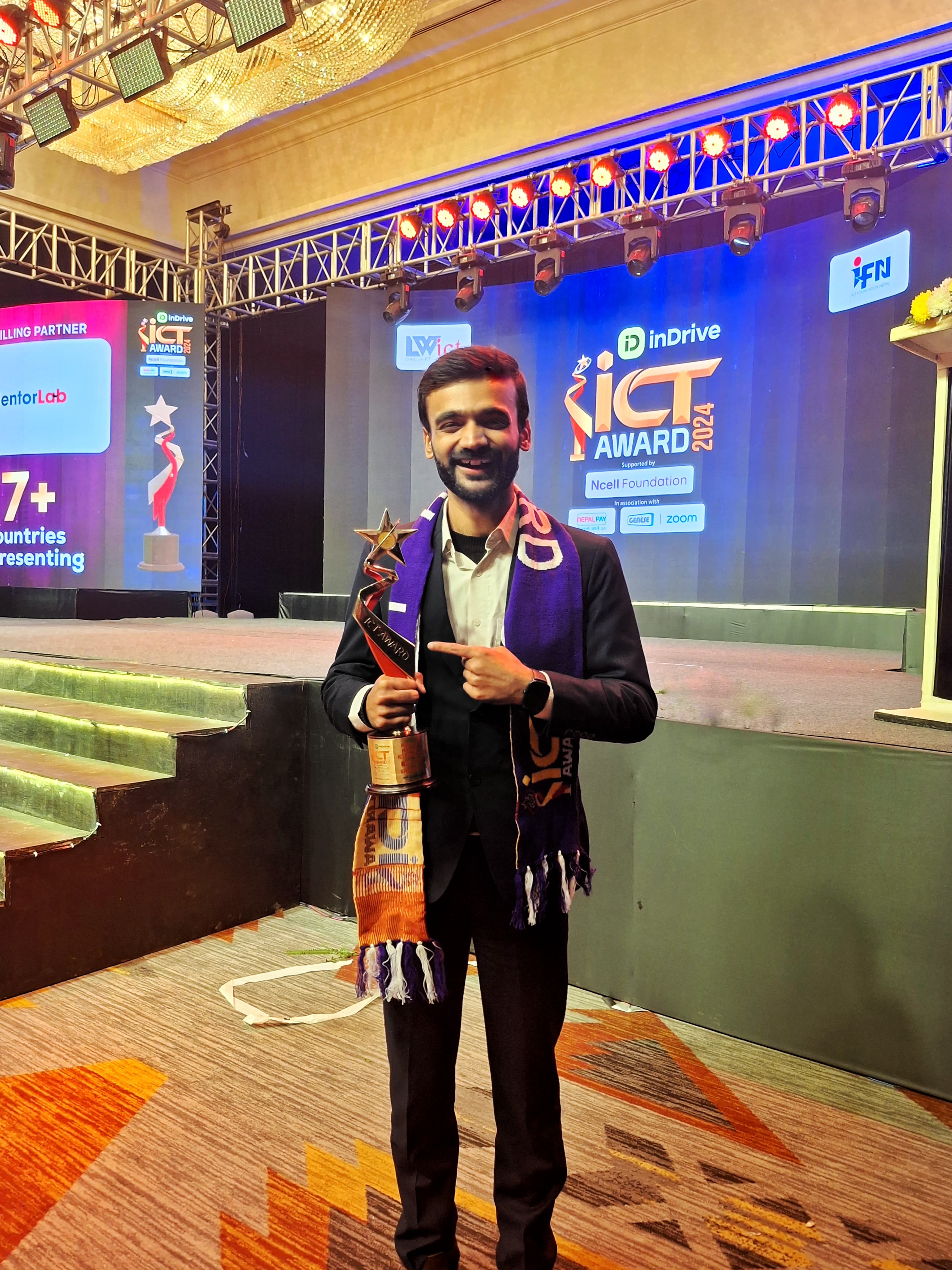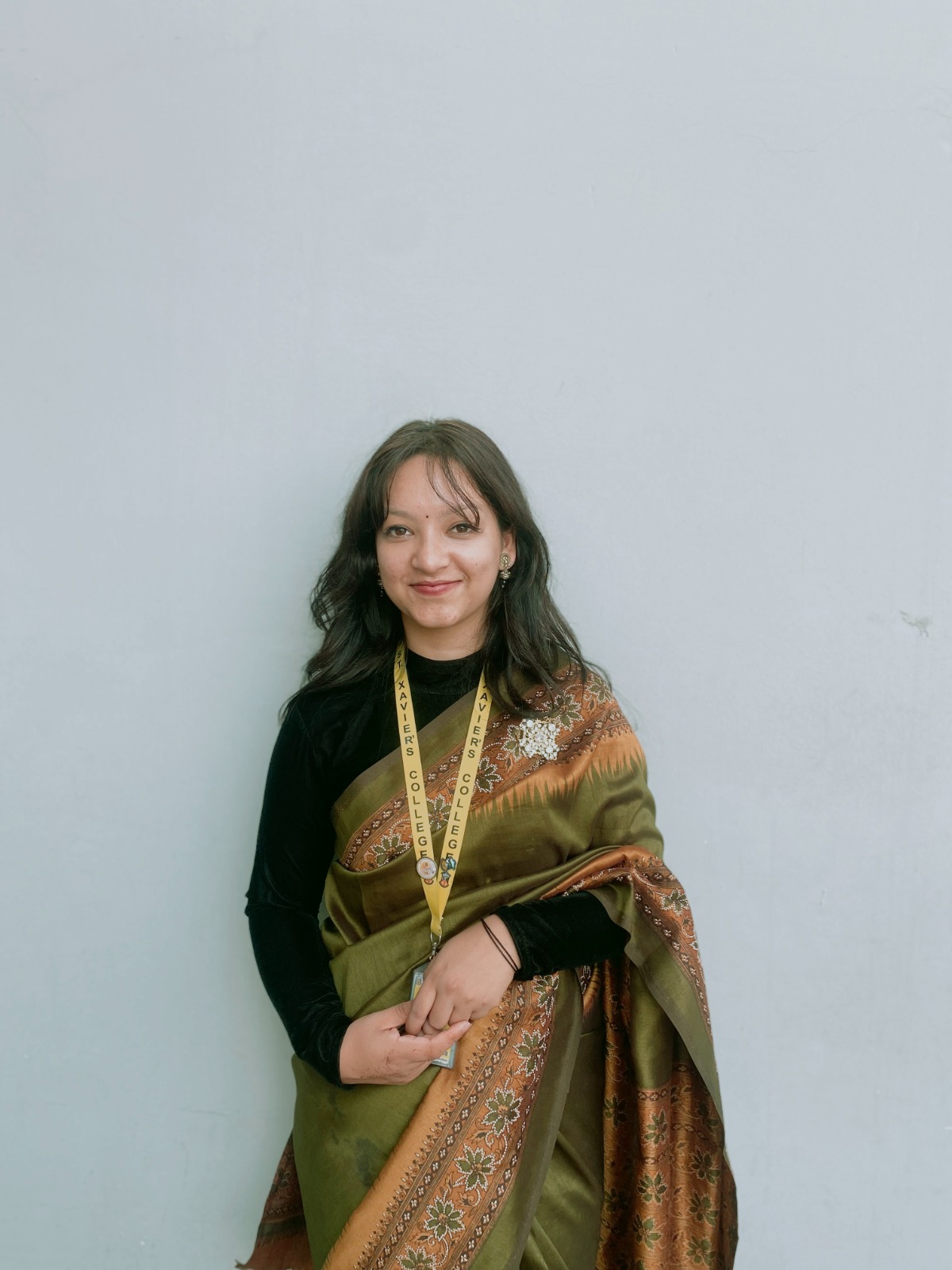Culture & Lifestyle
Struggles that led to activism
From overcoming stammer to founding Nepal’s first e-petition platform, SpeakUp Nepal, Prince Shah is committed to societal change.
Aarya Chand
For Prince Shah, leadership has always been about giving back to the community. Born in Sarlahi, he lost his father when he was three and was raised by his mother. Although challenges marked his early life, they became the foundation for his resolve to make a difference.
Looking back on his childhood, Shah recalls the humiliation he faced from his teachers who dismissed his attempts to participate, peers who mocked his stammer, and the emotional weight of such an experience. “I remember standing on stage, unable to speak, and being pushed backstage. That moment broke me,” Shah shares. But instead of succumbing to despair, he confronted his fear head-on. “One day, I decided, this is it. I can’t change the fact that I stammer, but I can change how I deal with it. Even if it took me a minute to say a sentence, I would finish it.”
Shah researched stammering and equipped himself with tools to navigate his speech challenges. “It still haunts me sometimes, but it doesn’t define me anymore,” he says with a smile.
This determination to confront challenges also shaped Shah’s response to broader societal issues, particularly during the Madhesh Movement of 2015. While he didn’t personally face discrimination as a Madhesi in Kathmandu, he observed the disparities experienced by his friends and seniors. “I remember asking someone why they didn’t complain about the unfair treatment. Their response—‘Where would I complain?’—stayed with me,” he recounts. “I wanted to create a platform where people from marginalised communities could voice their issues without fear.”
This vision came to life with initiatives like SpeakUp Nepal, the nation’s first e-petition platform. “The idea was inspired by the UK government’s petition platform, where issues with enough public support are addressed by parliament. We thought, why not replicate this in Nepal? SpeakUp became our digital Maitighar Mandala, a space where voices that often go unheard could find strength in numbers,” he explains. In just 11 months, SpeakUp Nepal has become an example of accountability and transparency in governance. It also recently won the Rising Star Innovation Award.
Shah would not have been able to form the platform without his experience in organisations like the United States Youth Council Nepal. During his tenure as a Project Assistant with the (USYC), his first formal organisational role, he gathered essential communication, networking, and storytelling skills. “It opened my eyes to the untapped potential in Nepal,” he says, reflecting on the inspiring narratives he encountered while working with youth from diverse communities like Sherpas and Tharus and other communities.
Another defining moment in his career was collaborating with UNESCO and UN Women through We Inspire Nepal’s ‘Female Championship’ project. He worked in the rural regions of Sarlahi and Rautahat, collaborating with local women to empower them through skill-building initiatives and advocacy training. “Although I belong from here (Tarai), I had no understanding of the struggles women faced daily,” he shares. The initiative focused on amplifying female voices, equipping them with tools to address their concerns, and ensuring their ability to share this knowledge with others in their communities.
In his final year of college, Shah chose an internship with Lalbandi Municipality instead of the private sector path many of his peers took. While working under the supervision of the Policy Making and Monitoring Department, he concentrated on enhancing education policies in the aftermath of the Covid pandemic. His research highlighted the challenges of digital education in Tarai, where some areas lacked Wi-Fi access, leaving students unprepared for online learning.

Shah advocated for a phased approach to digitalising schools, suggesting that each year’s budget be allocated to digitise one grade, starting with Grade 10. This pragmatic solution was well-received. He also worked on clarifying the roles of school management committees and local government officials, gaining firsthand insight into the complexities of governance and policy-making.
Shah’s journey also took him to an unexpected world of technology. He began building robots with his younger brother, resulting in a fourth-place finish at Techfest, IIT Bombay.
Despite not having a technical background, Shah immersed himself in his brother’s projects early on. Together, they crafted robots and even remote-controlled boats, one of which was featured in a local newspaper when Shah was in grade ten. This early success fueled their passion and innovation, laying the foundation for future endeavours.
Later, while living in Kathmandu, Shah noticed a growing interest among students in learning how to build robots. Seizing the opportunity, he and his brother conducted workshops in schools to share their knowledge. In these projects, Shah focused on researching the design aspects—such as the shapes and sizes of robot components—while his brother handled the coding.
He has also worked on the ‘SHIFT Campaign’, where he tackled food insecurity in the face of climate change, engaging over 30,000 youths in awareness and action. He had applied for this project through the Rotary Club of Kathmandu and worked on it with his friends. The project introduced innovations involving children, parents, and school canteen operators in designing nutritious meal plans.
From his experience, he always wanted to understand where he truly fit, so he explored everything—law, robotics, NGOs, INGOs—while keeping one thing clear in his mind: no matter which field he worked in, it would always focus on good governance and contributing to the community. He didn’t have a defined pathway, so he experimented with different fields until he found his calling.
He shares, “I’d like to tell the youth to explore as much as possible. Try different things to find what resonates with you. Don’t go abroad just because it’s the trend; go with clarity and purpose. Think about the problems within the fields you’re passionate about, talk about those issues, and focus on finding solutions. Going abroad is not the issue, but finding ways to transfer the knowledge and skills you gain back home, even if you choose to remain there, is essential”.
For Shah, every initiative stems from a desire to give back to his community. Whether promoting digital literacy in education, strengthening governance, or driving activism, his vision centres on inclusivity and progress.




 9.7°C Kathmandu
9.7°C Kathmandu

.jpg&w=200&height=120)













